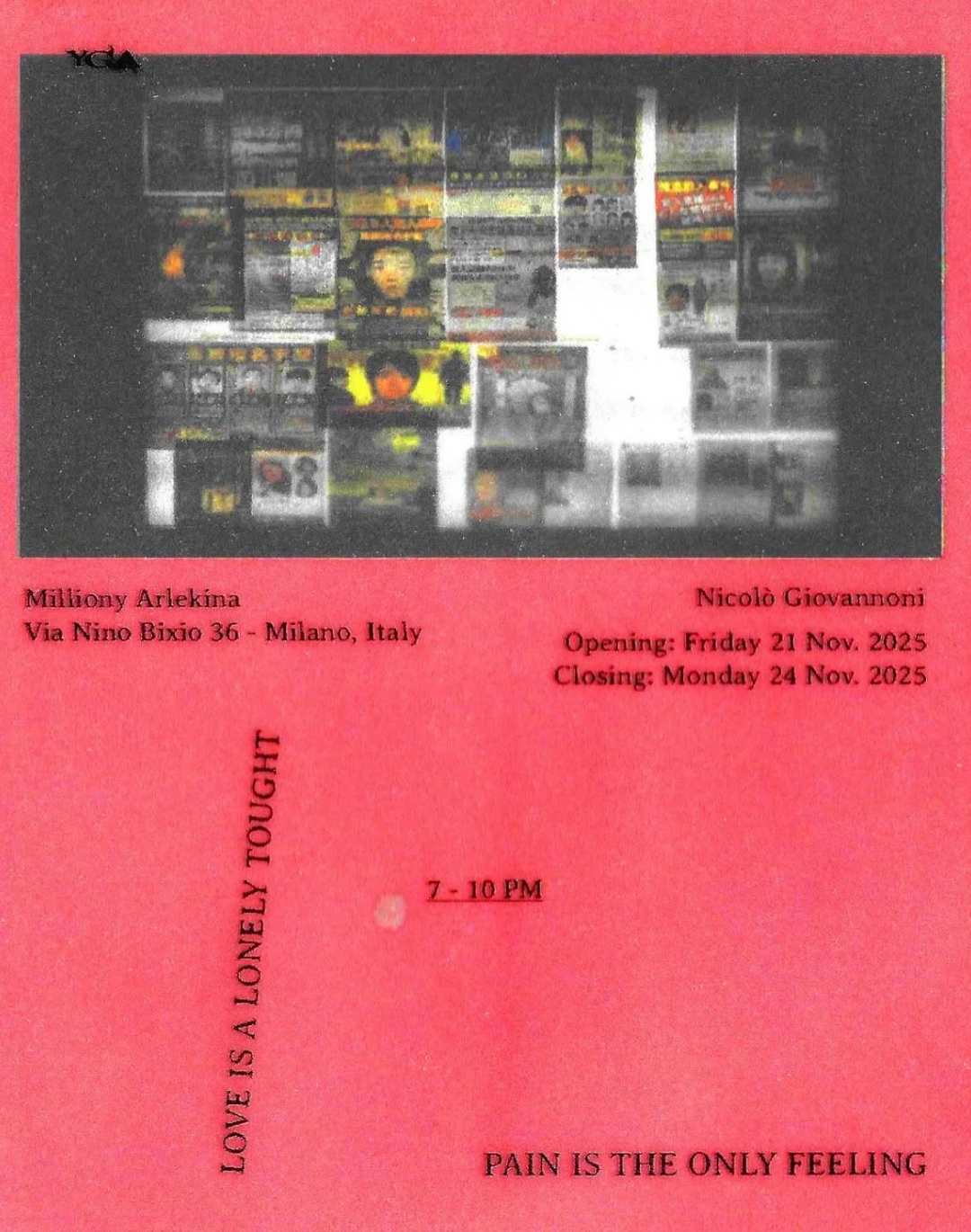
Why Italian museums are suffering from an unusual shortage of staff Although the number of visitors has returned to pre-pandemic levels
Italian museum institutions are more often than ever being forced to close for long periods of time, even during the holidays, and applying reduced opening hours due to a lack of staff. The museum of Uffizi remained closed during the All Saints' Day long weekend, when thousands of visitors were expected; there were also unusual closures in times of usually large attendance at the National Archaeological Museum in Reggio Calabria and the one in Taranto, as well as at the Museo della Città in Rovereto and the one in Spoleto. «We need to tackle and solve the staffing problem of museums and cultural venues immediately,» pointed out the director of the Uffizi, Eike Schmidt, a museum that despite being one of the most visited museums in Italy, with more than one million visitors a year, it has seen a reduction in its staff of 9 percentage points over the last year. In the Florentine museum, more than 160 staff members have retired in about ten years, compared to just over 30 new recruits. A staff shortage that is «certainly shared by many other museums, archives, and libraries,» Schmidt points out. «The number of staff in museums continues to shrink. [...] It is down to the bone everywhere.» The consequences of the lack of staff are diverse, ranging from the regular closure of the entire museum or a section of it, to the difficulty of ensuring adequate room supervision, to the impossibility of guiding visitors through the current exhibitions. This is a problem that should not be underestimated, especially since, in recent years, visitors to Italy's museums and artistic heritage have increased enormously, growing by more than 30%.
There are approximately 10,000 employees in state museums, but it is estimated that there should be at least 9,000 more. Part of the missing staff has been supplemented with external collaborators, with contracts that are, however, more precarious and less stable than those of ministerial employees. «There is no turnover and there are no competitions. The result is that everything is outsourced,» said a spokesperson for the association Mi riconosci?, a cultural heritage professional who fights for recruitment and decent salaries in the sector. The lack of staff in museums has several causes. The most cited is the State's lower investment in the cultural sector, but there also seem to be different issues with staff recruiting. The Franceschini reform of 2015, although welcomed by the museum institutes, has not been able to solve this: it has in fact confirmed that the recruitment of staff in state museums is not the responsibility of the individual structures, but of the Ministry of Culture, whose management of the workforce is, however, considered by insiders to be out of step with the times. Ministerial public calls are too generic and unsuitable for the level of specialisation required by museums - for example, less than two thirds of Italian museum institutions have staff who speak English, and even less French, German and Spanish - and digital skills are lacking.
«We realise that this is not a tolerable situation. The number of employees is very undersized, almost halved, with an average age approaching 60 for employees within the Ministry, and in some offices retirements are higher than admissions. Thus it is impossible to perform the functions. The plan is known, the protests are nothing more than an acknowledgement that is also clear on a political level,» sources in the Ministry of Culture told Artribune. Eike Schmidt has proposed as a solution to some of these problems greater autonomy for individual museums, to be extended also to the recruitment and management of staff. Other directors, however, fear that a recruitment managed by the individual museum would end up placing an economic burden on the museum institution itself, but they would still prefer at least regional management to national management. «We should map the situation. The Ministry knows the situation perfectly well, yet it does not collect the data,» adds the association Mi riconosci? «This would be a good starting point.»















































